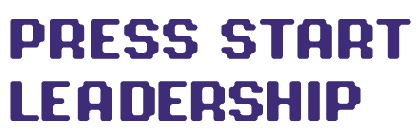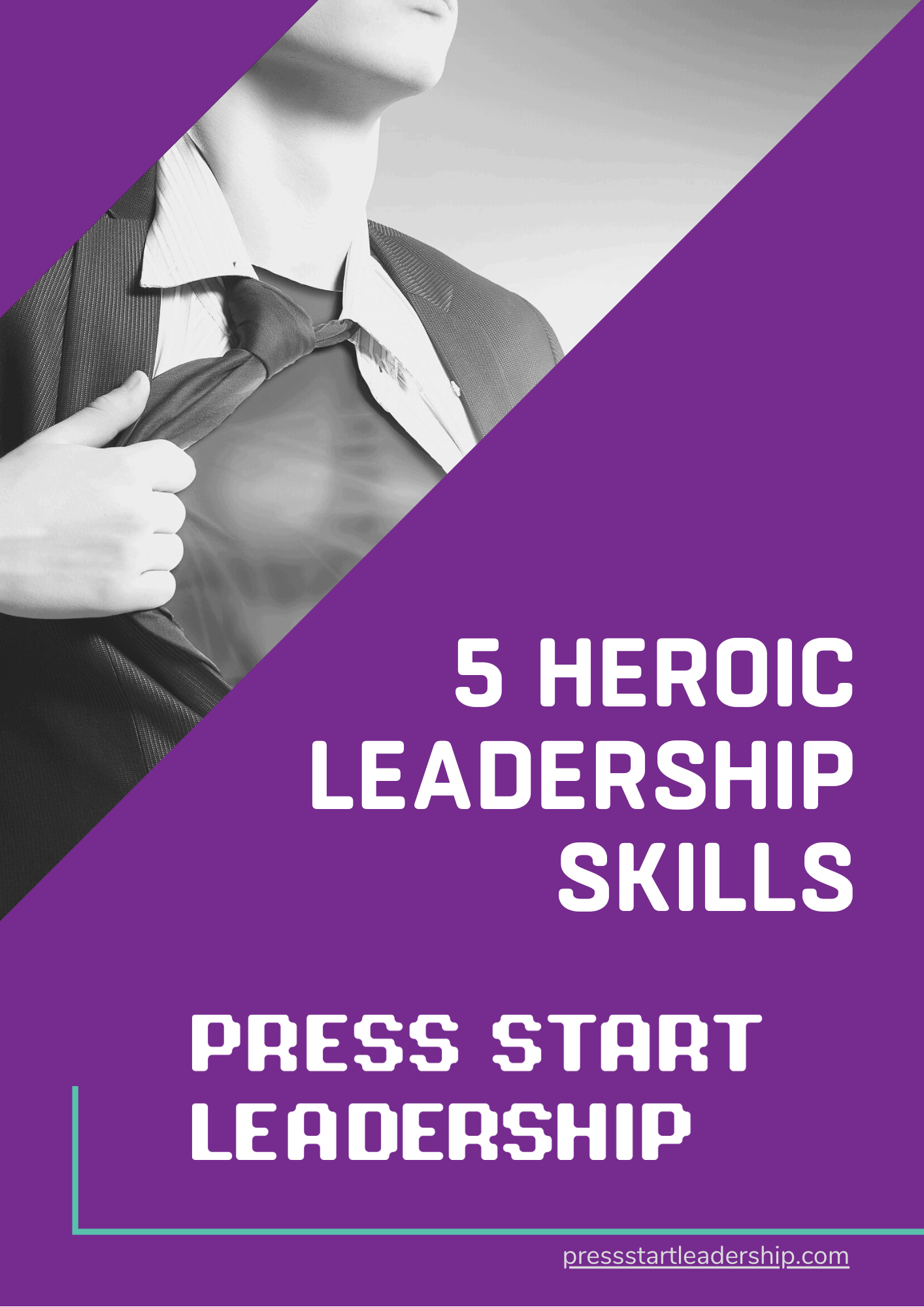Empowering Teams and Fostering Innovation: How EI Shapes Success in the Gaming Industry
In the fast-paced, often high-pressure world of video game development, technical skills and creativity are paramount. However, the role of emotional intelligence (EI) in shaping effective leaders and cohesive teams is increasingly recognized as a critical component of success. This article delves into how emotional intelligence impacts leadership effectiveness in the video game industry, exploring its influence on team dynamics, conflict resolution, and creative collaboration.
The Essence of Emotional Intelligence in Leadership
Understanding Emotional Intelligence
Emotional intelligence refers to the ability to understand and manage one’s own emotions and those of others. It encompasses self-awareness, self-regulation, motivation, empathy, and social skills. In the context of game development leadership, EI is the foundation upon which strong teams and innovative projects are built.
The Five Components of Emotional Intelligence
- Self-awareness: Recognizing one’s emotions, strengths, and weaknesses.
- Self-regulation: Managing emotions and impulses effectively.
- Internal Motivation: Being driven by internal rewards and passion.
- Empathy: Understanding and sharing the feelings of others.
- Social Skills: Navigating social interactions and relationships adeptly.
The Impact of Emotional Intelligence on Game Development
Enhancing Team Dynamics
Emotional intelligence fosters an environment where creativity and collaboration flourish. Leaders with high EI create teams that are more cohesive, resilient, and adaptable to the fast-evolving demands of game development. They achieve this by recognizing and valuing the emotional and professional contributions of each team member, thus enhancing motivation and engagement.
Navigating Conflict with Emotional Intelligence
Conflicts are inevitable in any creative endeavor, more so in the high-stakes environment of game development. Leaders equipped with emotional intelligence are better positioned to identify the early signs of conflict and address them in ways that are constructive rather than destructive, ensuring that the team remains focused on common goals.
Fostering Creative Collaboration
At the heart of game development is creative collaboration—a complex dance of ideas, feedback, and iteration. Emotional intelligence in leadership ensures that this collaboration is underpinned by a culture of mutual respect and understanding, where diverse ideas are celebrated, and team members feel valued and heard.
Strategies for Developing Emotional Intelligence
Self-reflection and Feedback
Self-reflection is a powerful tool for developing self-awareness, while feedback from peers and team members can provide valuable insights into areas for improvement in emotional intelligence.
Emotional Intelligence Training
Specific training programs focused on developing emotional intelligence can be highly beneficial for leaders in the game development industry. These programs often include exercises in empathy building, conflict resolution, and effective communication.
Mindfulness and Emotional Regulation
Practices such as mindfulness meditation have been shown to enhance emotional regulation, helping leaders manage stress and emotions more effectively, leading to better decision-making and leadership outcomes.
Leveraging Emotional Intelligence for Team Empowerment
Empowering Teams Through Emotional Awareness
Leaders who are emotionally intelligent can create a work environment that empowers team members. This involves recognizing the emotional climate of the team and individual emotional states, using this awareness to guide actions and communications in a way that uplifts and motivates.
Actionable Strategy: Implement regular one-on-one check-ins with team members to understand their challenges and aspirations. Use these insights to tailor support and development opportunities that resonate on an individual level.
Emotional Intelligence in Decision-Making
Informed Decision-Making with EI
Emotional intelligence contributes to more nuanced and informed decision-making processes. Leaders who can manage their emotions and empathize with others can assess situations more objectively and make decisions that consider the well-being of the team and the project’s success.
Actionable Strategy: Before making significant decisions, take a moment to assess your emotional state and consider the emotional impact on your team. Seek diverse perspectives to ensure a well-rounded understanding of the decision’s implications.
Cultivating a Resilient Organizational Culture
Building Resilience Through Emotional Support
A resilient organizational culture is better equipped to handle the ups and downs of the video game industry. Emotional intelligence in leadership plays a crucial role in building this resilience by providing emotional support and fostering a culture of adaptability and perseverance.
Actionable Strategy: Develop programs and initiatives that focus on mental health and well-being, such as stress management workshops or resilience training. Encourage open discussions about challenges and failures as learning opportunities.
Enhancing Creativity and Innovation
EI as a Catalyst for Creativity
The video game industry thrives on creativity and innovation. Leaders who exhibit high levels of emotional intelligence can create an environment that encourages creative risk-taking and innovation by ensuring that team members feel safe, valued, and inspired.
Actionable Strategy: Foster an inclusive brainstorming culture where all ideas are welcomed and considered. Celebrate creative efforts and encourage iterative feedback that focuses on growth and improvement.
Nurturing Leadership Development Within Teams
Developing Future Leaders
The sustainability of a game development studio depends on nurturing the next generation of leaders. Emotional intelligence is a critical leadership skill that should be cultivated within your team, ensuring a legacy of empathetic and effective leadership.
Actionable Strategy: Identify potential leaders within your team and provide them with mentorship opportunities focused on developing emotional intelligence. Encourage them to lead small projects or teams to practice and refine these skills.
Emotional Intelligence and External Stakeholder Relationships
Managing Relationships with Stakeholders
External stakeholder relationships, whether with publishers, investors, or the gaming community, are vital to a studio’s success. Leaders with high emotional intelligence are better equipped to manage these relationships effectively, navigating negotiations, feedback, and collaborations with empathy and strategic insight.
Actionable Strategy: Prioritize clear and empathetic communication with all stakeholders. Practice active listening to understand their perspectives and concerns fully, and respond thoughtfully to build strong, mutually beneficial relationships.
The Future of EI in Game Development Leadership
Evolving Leadership Models
As the video game industry continues to evolve, so too will the models of leadership within it. Emotional intelligence will play an increasingly central role in these models, as the industry recognizes the value of emotionally intelligent leadership in fostering innovation, resilience, and success.
Actionable Strategy: Stay informed about the latest research and developments in emotional intelligence and leadership. Be open to evolving your leadership style and strategies to incorporate new insights and best practices.
Final Thoughts
Emotional intelligence is a powerful tool for leaders in the video game industry, offering a framework for enhancing team dynamics, making informed decisions, building resilience, and fostering creativity and innovation. By actively developing their emotional intelligence, leaders can navigate the complexities of game development with empathy, strategic insight, and a focus on long-term success. The strategies and insights outlined in this article provide a roadmap for leaders aiming to harness the full potential of emotional intelligence in their leadership practice, ultimately contributing to a more vibrant, resilient, and innovative video game industry.
Thank you for reading this article to the end. I hope it has been informative and helpful. If you’d like to learn more about the topics we covered, I invite you to check out my podcast and my YouTube channel where I delve into these subjects in more depth.
Additionally, I would love to stay in touch and keep you updated on all the latest developments and insights in the world of leadership. That’s why I encourage you to sign up for my newsletter. Not only will you receive regular updates, but as a thank you for joining, I will also send you my free eBook, “5 Heroic Leadership Skills.” This eBook is packed with practical tips and strategies that will help you take your leadership skills to the next level.
So don’t wait! Sign up for my newsletter today and start your journey towards becoming a more effective and inspiring leader. I can’t wait to hear from you.
Work With Me!
If you’re on the quest to elevate your team’s leadership, production, or game design capabilities, I’m here to assist! Leveraging extensive experience and a strategic approach, I offer personalized audits, bespoke workshops, and leadership retreat facilitation to drive your team toward excellence. My commitment is to provide efficient, reliable, and proven support, ensuring you have the tools and insights needed to thrive. Ready to unlock your team’s full potential and achieve unparalleled success? Don’t hesitate—Press Start on your journey to transformation today! Feel free to reach out directly to discuss how we can tailor a solution to meet your unique needs and goals. Let’s connect and take your team’s performance to the next level!
🔗 www.pressstartleadership.com
📧 contact@pressstartleadership.com


